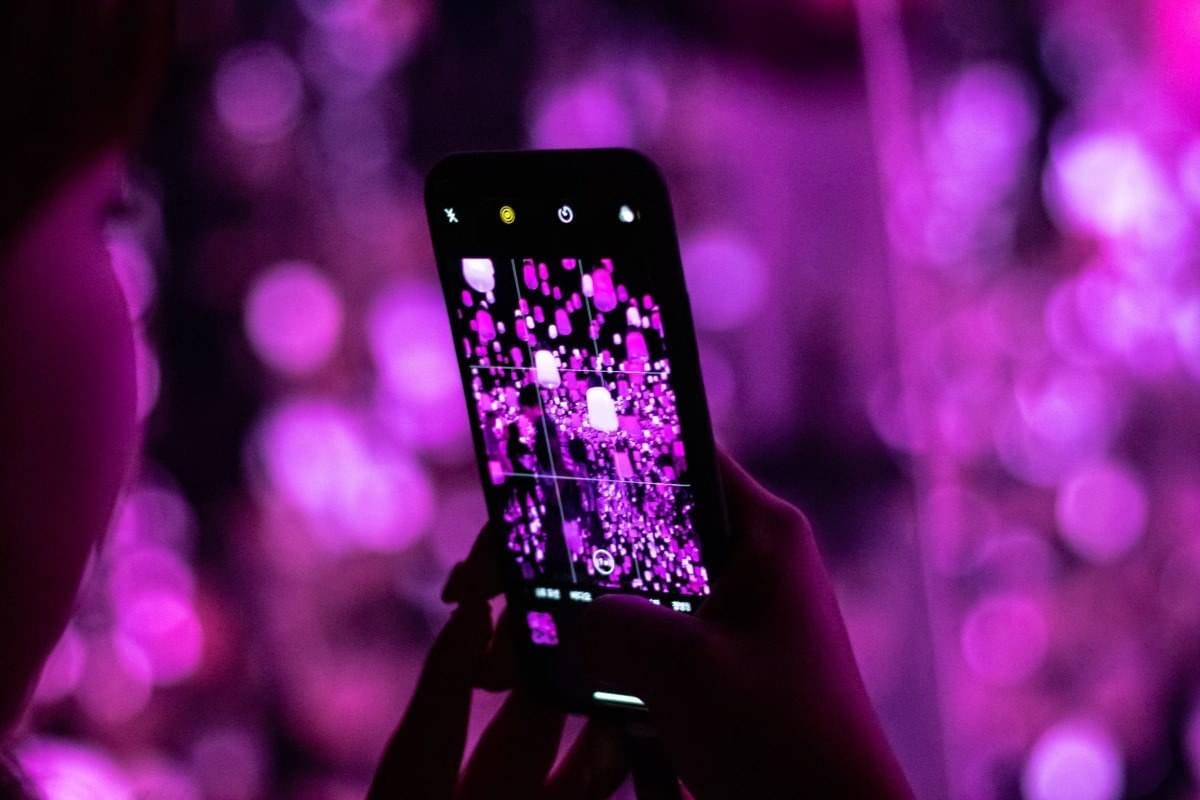Fair use: how to deal with copyright issues
If you want to share the works of others, you will come across copyright issues, for instance when developing digital educational materials or giving public access to collections. Do you know what copyright law entails?
Do you want to use other people’s materials for your own work? In that case, you will encounter copyright. So what is copyright? When does it apply to you and how do you deal with it?
What exactly is copyright?
Copyright arises automatically when a work is created. It does not matter whether you are an amateur or professional and you do not have to do or mention anything in particular to be protected. If a work is protected by copyright, you are not allowed to copy, publish or change the work without prior permission.
This also applies to materials you find online and recordings that you have made of pieces of music, dance performances or theatre performances.
Do you want to use other people’s materials for your own work? Use the tool regeljerechten.nl and obtain permission.
When will I usually encounter copyright issues?
Basically, you will encounter copyright issues any time you want to use the materials of others for your own project. For example when you want to develop digital teaching materials for education, or give public access to an archive, or create a new production based on previous works. There are a couple of exemptions to this, of which the following two are the most common:
- Some creators want to make their work available for use by others and this will be stipulated in a Creative Commons Licence.
- The creator or copyright holder died more than 70 years ago. Once all the rights have expired, a creative expression becomes part of the public domain; this means that you can do with it what you want.

Do you produce your own material? Make it easy for others
You can help other people save time and effort by making the copyright status clear with a Creative Commons licence. This tells others how they may use your work. We recommend you also consider what happens when you put your work online and to make this a part of your creation process
How about exceptions for education?
“But I only use it for education, which is OK, right?” Unfortunately, this is not always the case. An exception for education basically means that you are allowed to copy parts of a work for use in the classroom without needing to ask the copyright holder for permission. But this exception only applies to teachers and students and not to cultural organisations! Moreover, educational establishments must still pay a fee for the educational exception. So, if you produce (digital) educational materials you still have to deal with copyright.
Share this article
Other articles about this topic
Have you given any thought yet to what happens to your work when it is put online? You can read more about this in ‘Copyright for makers; what do you do with online content?

